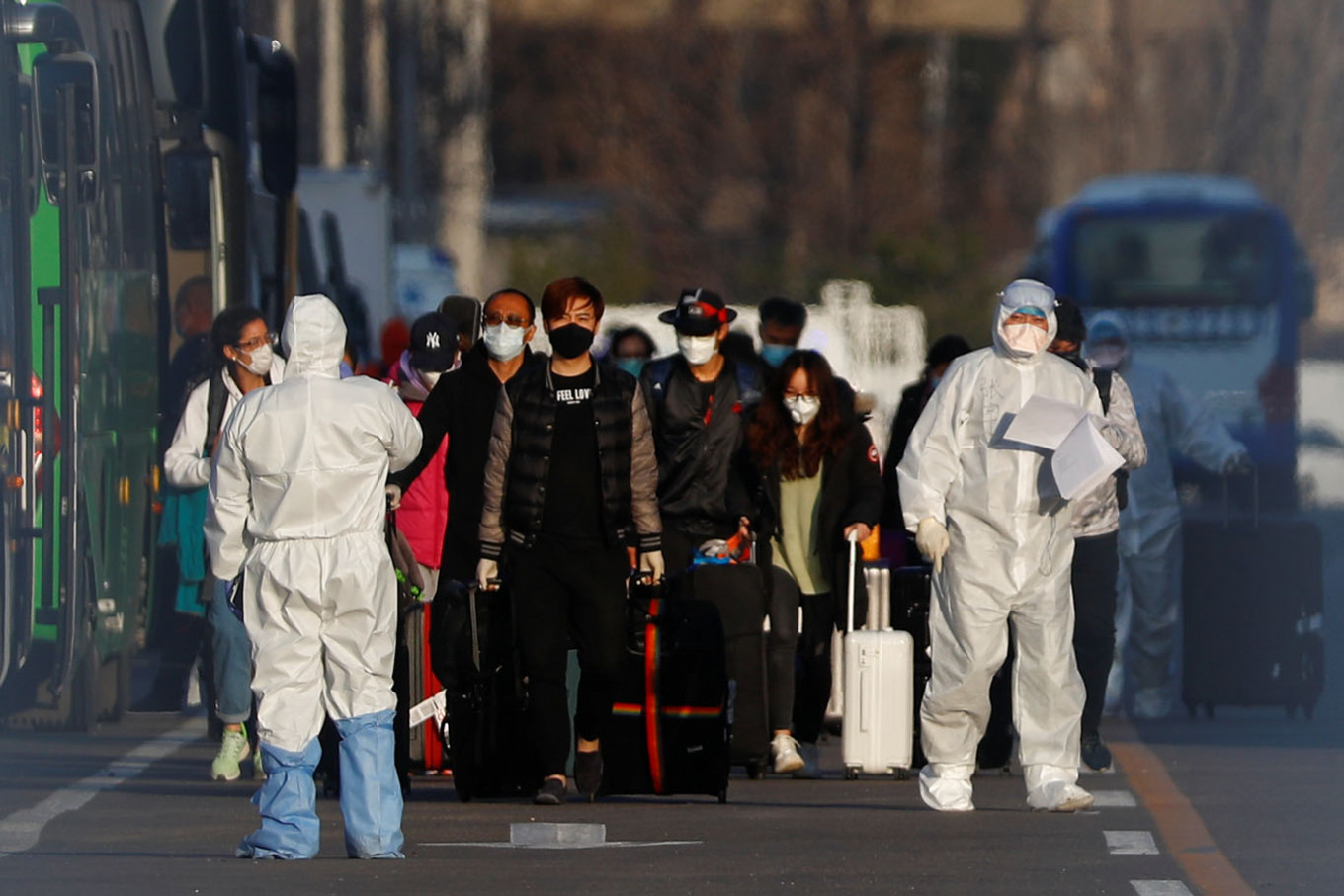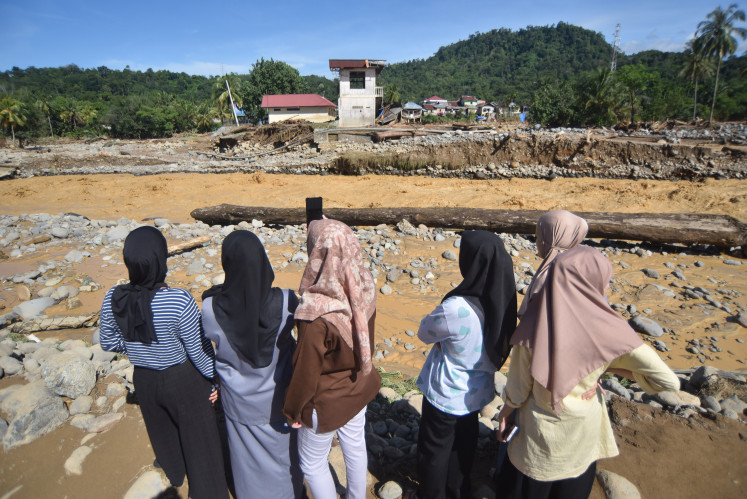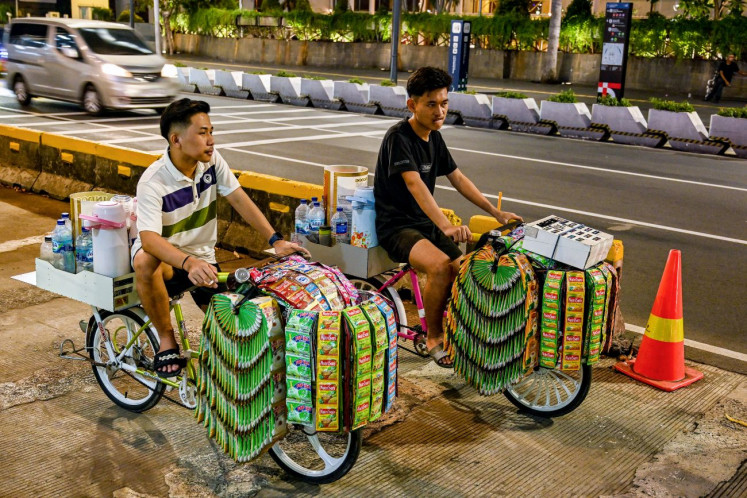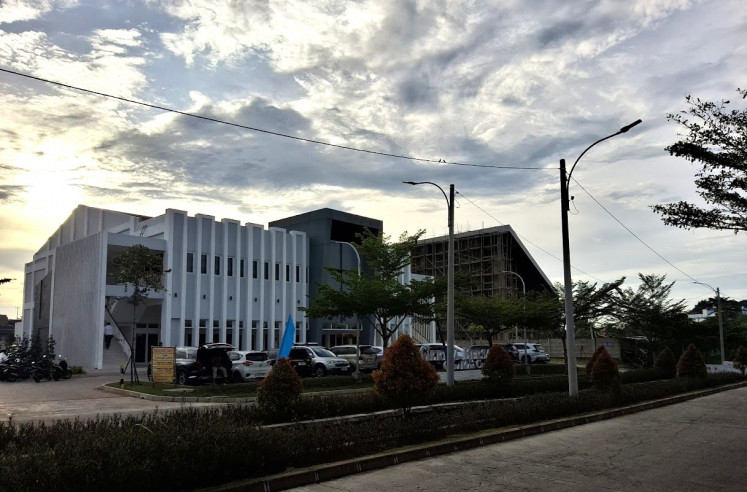Popular Reads
Top Results
Can't find what you're looking for?
View all search resultsPopular Reads
Top Results
Can't find what you're looking for?
View all search resultsLeadership in the age of pandemics: Stop the blame game
The long march to recovery and reform is a long-haul process. Very tough decisions have to be made.
Change text size
Gift Premium Articles
to Anyone
O
ne of the upsides of the lockdown is that one gets to read books that you should read, but never had the time for. Former deputy chairman of India’s Planning Commission, Dr. Montek Singh Ahluwahlia’s new book Backstage: The story behind India’s high growth years, is an illuminating inside picture about how leaders emerge at a time of crisis.
I will review his book in a forthcoming article, but his brilliant quote of Italian political philosopher Machiavelli is spot on for this age of pandemics:
“At the beginning, a disease is easy to cure but difficult to diagnose, but as time passes, not having been treated or recognized at the outset, it becomes easy to diagnose but difficult to cure. The same thing occurs in affairs of state. By recognizing from afar the diseases that are spreading in the state (which is a gift given only to a prudent ruler) they can be cured quickly. But when they are not recognized and left to grow to the extent that everyone recognizes them, there is no longer any cure.”
Prescient words indeed. It reminds us that disease and pestilence was as prevalent in 15th century Italy as it is for the world today.
The United States - the most technologically advanced nation with the finest medical expertise – will have more COVID-19 cases than China, where the epidemic broke out last December. The coronavirus is about to take down not just the powerful and the rich, but the global economy.
Make no mistake, the battle against COVID-19 is a war, as damaging as physical war. This is because it is first and foremost an emotional war, not just financial, economic, social and geo-political. Stress levels are the highest I have ever known, at the individual, community, national and geo-political level. Bad emotions worsen decisions.
When a member of the family makes a mistake that impacts the whole family, any parent would know the most important thing to do is not to blame, but what to do. A crisis is an event. Bad things happen. Blame can come later. But it is immediate action that can prevent more damage.
In making parallels between fighting conventional warfare and war on pandemics, US General George Casey quotes 5th century BC Chinese strategist that the leader must have “clear mind and pure hearts”. But few of us have clear minds and pure hearts, because it is so easy to blame someone else as evil. No one is truly objective, since we are all emotionally involved. Every day, the lives of ourselves, our family, friends and community are at stake. And any of us can go any day.
This COVID war is so fundamentally different because instead of being able to hug and share our worries with our loved ones, we must keep our social distance. Our hearts are torn because grandparents cannot hug their grandchildren. We stand helpless to see our friends being isolated in hospitals upon infection.
The fog of emotion clouds our judgement and our ability to act. The blame game is an emotional salve that may assuage our anger, but will truly block effective action, which is to work together to fight the common enemy – COVID-19.
How do we stop the COVID onslaught? Learn, adapt and act fast. Time is not on our side. Blame, dither and die. The enemy of my enemy is my friend. In this war, we have to learn to work with people we do not like in order to survive.
There are three lessons why China, South Korea, Japan, Hong Kong, Taiwan, Singapore and Israel have been effective in controlling the spread of COVID-19 cases so far. First, everyone learnt the lessons from SARS, not just at the professional and bureaucratic level, but the populace also understood the need of social discipline in time of epidemics. Second, their effectiveness is not about authoritarianism, but ability to test, trace and contain. All these economies have very good technology with bureaucracies that know how to apply them. Third, the communities come together as one (however imperfectly), rather than displaying individualism at the expense of many.
What are the priorities in this COVID-war?
First, we cannot win any battle if the front-line troops are dying. We must make sure that the doctors, nurses, hospital staff and all members providing essential services are provided with personal protective equipment (PPEs). These heroes are putting their lives and their families’ health at risk for the good of the community and we must salute and cherish them. But give them the best available. It is a sin to ask a nurse to work when they have to recycle used masks and gowns!
Second, no amount of hospital beds is enough if we do not enforce social distancing. One super-spreader will overwhelm any hospital with patients in a matter of weeks. We can understand the young wanting to party to relax, but they are putting other lives at risk. Once we lose our invaluable doctors and nurses, we have no more defense line.
Third, the toughest choice is between life versus livelihood. Nobel Laureate Paul Romer and Harvard Provost Alan Garber puts the stark choice as: “If we keep up our current strategy of suppression based on indiscriminate social distance for 12 to 18 months, most of us will still be alive. It is our economy that will be dead.”
Yes, the old free-spending economy that created excess consumption funded by excess debt may be dead or flat on its back. Over the longer term, we must rebuild the system into one that is more caring for nature and society. This we must do.
General Casey’s advice is well worth taking: “To succeed in our VUCA world, leaders have to control what they can, influence what they don’t control, and prepare for what they can’t control.”
The long march to recovery and reform is a long-haul process. Very tough decisions have to be made. Inevitably mistakes are made. But we survive if we learn, adapt and come together as a community, not as narcissistic individuals. The leader that does not understand this will not survive.
***
Adjunct professor at Tsinghua University, Beijing and University of Malaya. Views expressed are his own.
This article appeared on the China Daily newspaper website, which is a member of Asia News Network and a media partner of The Jakarta Post










